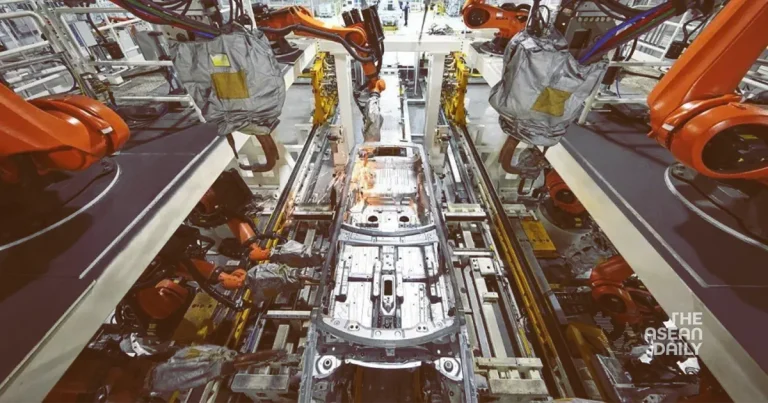25-10-2024 (JAKARTA) Indonesia’s electric vehicle (EV) market is experiencing unprecedented growth, with sales figures showing a remarkable 177 per cent year-on-year increase in the first eight months of 2024, according to the Association of Indonesian Automotive Industries (Gaikindo).
The surge in EV adoption is exemplified by consumers like Gunawan, who is considering purchasing his family’s second electric vehicle. “The maintenance has been surprisingly straightforward and cost-effective compared to conventional vehicles,” he reports, citing his son’s positive experience with their first EV.
Chinese manufacturers have emerged as the dominant force in Indonesia’s burgeoning EV market, with BYD, Wuling, and Chery leading September sales figures. This success has been further bolstered by Beijing’s recent commitment to increase investment in Indonesia’s EV sector following high-level bilateral discussions.
Wuling Motors Indonesia, which established its manufacturing presence in West Java in 2017, currently produces 120 EVs daily for both domestic and export markets. The company’s public relations manager, Brian Gomgom, revealed plans for expansion: “We’re scheduled to commence electric car battery production by late 2024, marking our next phase of growth.”
In a significant development, BYD, the global EV market leader, has committed US$1.3 billion to construct a manufacturing facility in Indonesia, with operations set to begin in January 2026. The investment is expected to generate substantial employment opportunities and contribute significantly to the national economy.
Indonesia’s ambitious target of deploying 2 million electric cars and 13 million electric motorcycles by 2030 is supported by attractive incentives for manufacturers, including luxury tax elimination for 2024, import tax waivers until 2025, and reduced value-added tax for vehicles containing 40 per cent locally manufactured components.
However, industry stakeholders express concern about policy continuity amid political transition. BYD Indonesia’s Luther Panjaitan emphasised the importance of consistent regulatory support: “While current initiatives are promising, we hope the incoming government will maintain or enhance existing EV policies.”
The nation’s production target of 600,000 EV units by 2030 reflects its commitment to becoming a major player in the global electric vehicle industry, with Chinese manufacturers playing a crucial role in realising this ambition.




